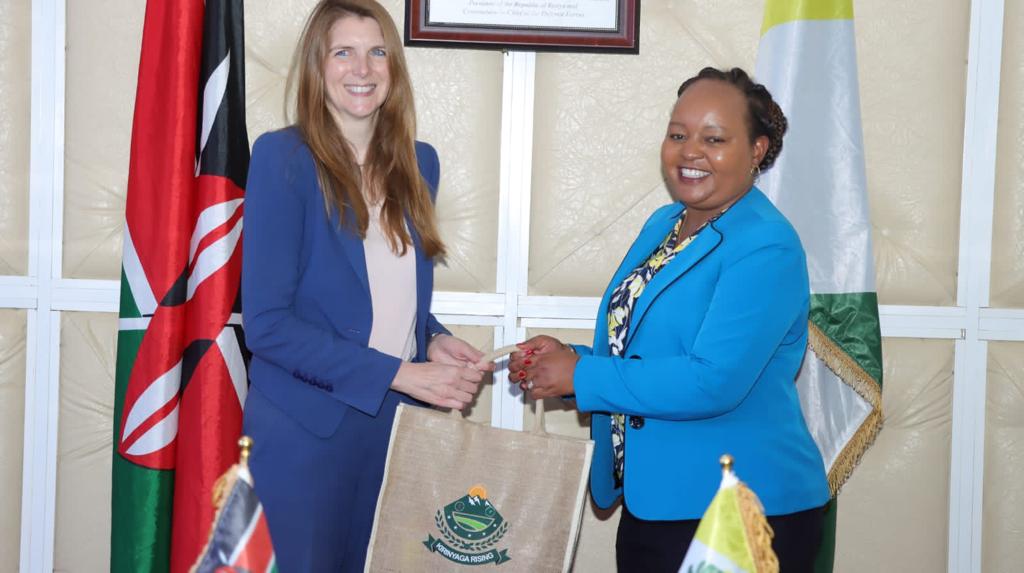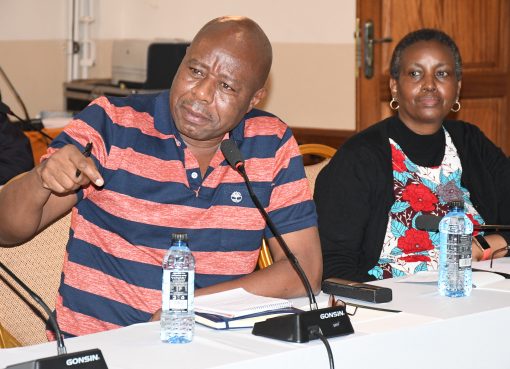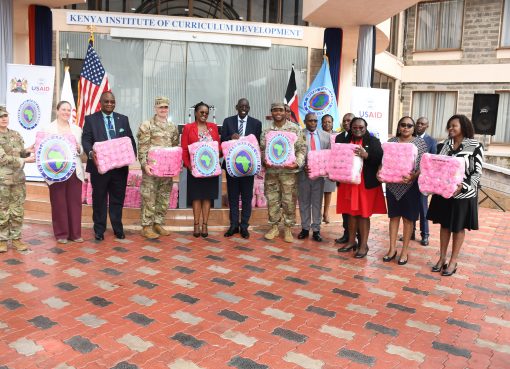The United Kingdom has agreed to partner with the County Government of Kirinyaga to implement three major development projects.
The projects that focus on health, agriculture and energy will help spur economic growth in the county.
In her visit to the county, the UK High Commissioner, Jane Marriot, said that Kenya and the UK have enjoyed cordial relations cemented through various collaborations that play an important role in realization of the county’s socio-economic development goals.
“Kenya has been working together with the UK as a strategic partner and today being in Kirinyaga County is part of collaborations for development,” Marriott said.
The envoy said that the UK Government will fund the construction of a tomato factory, a husks factory and a hydro power project in the county. She said that her government had confidence in investing in counties that have demonstrated that devolution works.
“We have discussed specific projects we want to partner, the three are husk factory, tomato processing and construction of a hydro power plant,” she added.
Currently, the UK has partnered with Kirinyaga in implementation of the Sustainable Urban Economic Development (SUED) program. The ambassador said that with Waiguru at the helm of the Council of Governors, she had confidence that the SUED will also be successfully implemented in the other counties for the benefit of citizens.
Through the UKAID funded program, Kirinyaga County has developed an Urban Economic Plan for Kerugoya/Kutus Municipality plan which will promote economic growth in a sustainable and inclusive manner through prioritized integrated projects. The plan will also harness the great potential in the municipality, transforming it into a major investment hub.
Marriott also toured the Kerugoya Level Five Hospital which is about to be completed.
On her part, Governor Anne Waiguru said the hospital will be up and running after completion of the ongoing installation of an oxygen plant.
The Governor expressed her gratitude to the UK government for the continued partnership which she said would go a long way in improving the lives of the county residents.
She said that the construction of a tomato factory will help in adding value to the produce and save farmers from post-harvest losses, noting that while Kirinyaga remains the largest tomato producer, 30 percent of the produce goes to waste due to short shelf life.
“Kirinyaga produces over 60,000 tonnes of tomatoes annually but 30 percent go to waste because of the perishable nature of tomatoes and poor prices,” Waiguru said.
Waiguru added that the establishment of a husks factory will utilize raw materials from rice, coffee and maize husks to make boards for furniture and ceiling. This will translate to more earnings for farmers as well as employment opportunities.
On hydro power project, the governor noted that alternative source of electricity will reduce the cost of production for companies that want to establish factories in the county and will also be used to power the street lights at a reduced cost.
By Mutai Kipngetich




